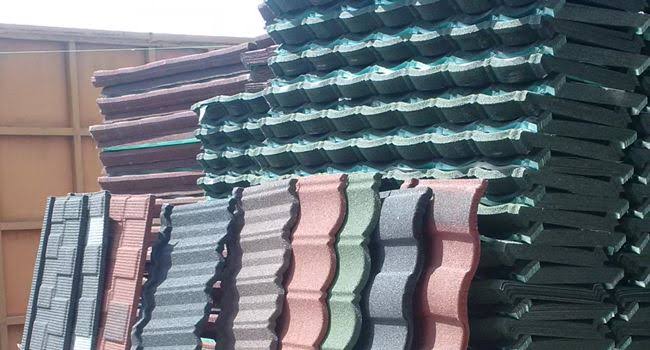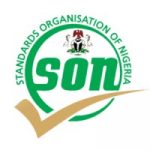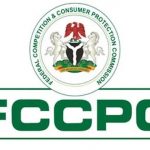The Standards Organisation of Nigeria (SON) has raised alarm over the increasing influx of substandard roofing sheets in the Nigerian market, warning that these low-quality materials, coupled with poor installation practices, are endangering lives, damaging property, and threatening the integrity of the country’s building sector.
This warning came during a stakeholders’ forum in Lagos themed “Boosting the Building Industry Value Chain with Standard Roofing Sheets.” The event brought together manufacturers, importers, builders, and regulatory officials in a push to restore quality and safety in roofing standards across Nigeria.
Speaking at the forum, the Director of SON’s Lagos Office, Theresa Ojomo, expressed deep concern over the growing disregard for Nigerian Industrial Standards by some manufacturers and installers, particularly in the production and fixing of galvanised roofing sheets.
“In roofing sheets, we have clear standards — thickness, tensile strength, chemical composition. Whether it’s galvanised, painted, or stone-coated, each product must meet these benchmarks,” Ojomo said.
She noted that some roofing sheets fail due to inadequate coating adhesion, which causes rapid deterioration under exposure to rain and harsh weather. The consequences, she warned, include water leaks, roofs being blown off by wind, and toxic chemical runoff contaminating water sources.
Ojomo further highlighted poor workmanship during installations as a key factor in roofing failures. Misaligned sheets, improper screwing, and weak support structures often lead to early roof damage and safety hazards.
She urged Nigerians to be vigilant about the quality of roofing materials, advising them to ask questions, inspect thickness, and purchase only certified products. “People must understand that quality saves lives and property. It’s not just about appearance,” she said.
To combat the issue, SON has intensified market surveillance. Ojomo revealed that the agency now conducts on-the-spot tests at distribution points, measuring sheet thickness and verifying material composition. When products fail, SON confiscates and destroys them if they cannot be remanufactured.
“Recently, we destroyed a shipment of imported roofing sheets that were very thin and didn’t meet any standards. We won’t allow such products into Nigerian homes,” she declared.
The forum also featured voices from the private sector. Cletus Igbojionu, representing the Association of Secondary Aluminium Producers of Nigeria, noted that poor installations and the use of inferior wood supports are also to blame. He said climate change, with its unpredictable wind patterns and rainfall, exposes structural weaknesses more than ever before.
“If your wood support is too thin or your polish is too wide, you’ll have roof leaks or collapse. It’s not about the thickness alone — everything must align,” he warned.
Igbojionu added that his association has begun training carpenters and installers to comply with standards, making Mandatory Conformity Assessment Programme (MANCAP) certification a prerequisite for installation work.
Also speaking at the event, the Director-General of SON, Ifeanyi Okeke, represented by the Director of Corporate Affairs, Talatu Ethan, emphasised SON’s renewed commitment to quality enforcement. Ethan highlighted that substandard roofing products not only pose safety risks but also lead to financial losses and damage to the reputation of manufacturers who comply with the law.
“Roofing sheets are not just construction materials. They are the final line of defense against the elements. A failure here is a failure of the entire building,” Ethan said.
She assured stakeholders that SON is enforcing compliance through MANCAP and SONCAP, along with strict offshore inspections and port surveillance to intercept unfit imports. Several raids and legal actions have already been initiated against non-compliant warehouses.
Ethan called for joint responsibility across the roofing value chain, stressing that regulation alone is not enough without cooperation from all players. “We must all work together. The decisions we take today will determine the future of housing and infrastructure safety in Nigeria,” she concluded.
SON has reaffirmed its zero-tolerance stance on substandard roofing and warned that all parties — from manufacturers to installers — must adhere to required standards or face enforcement actions, including confiscation, destruction of goods, and prosecution.










